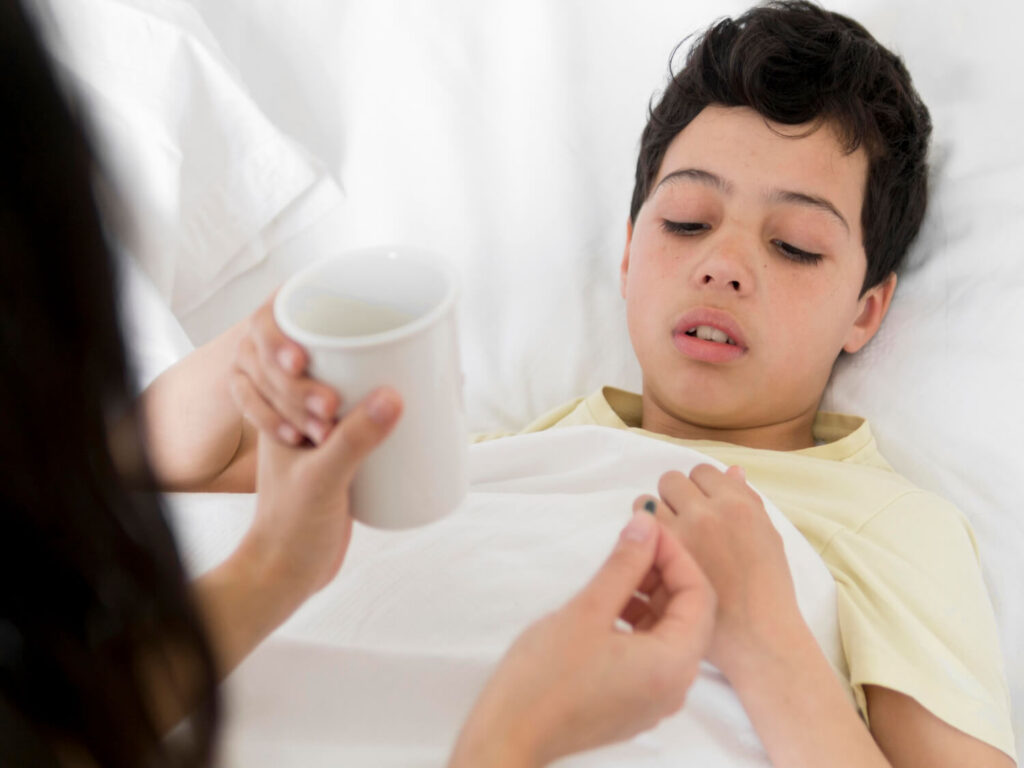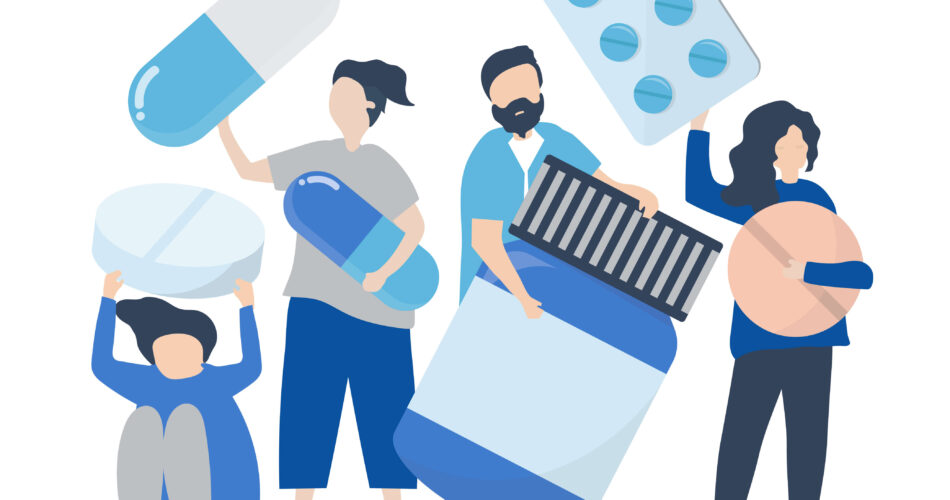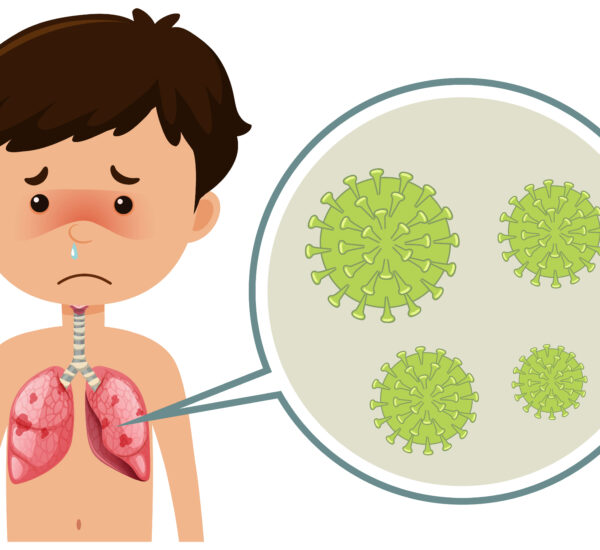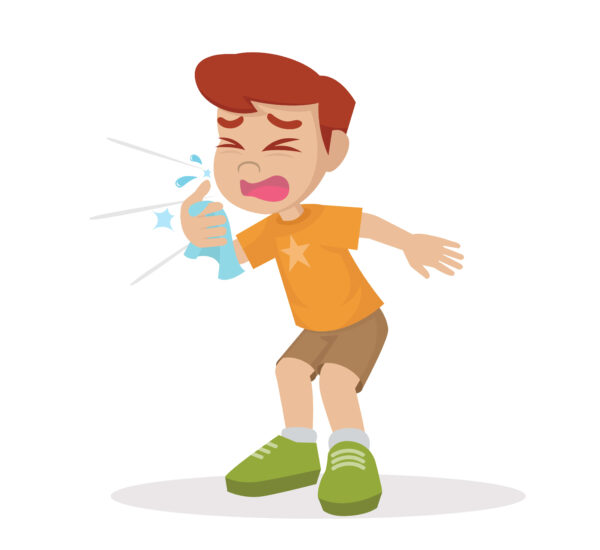When facing a health threat like whooping cough, it is important to know the effective treatment options available. That includes the drugs for whooping cough as a cure against the symptoms and for preventive measures. By knowing which to utilize for either situation, patients can achieve healing and prevent the exacerbation of the respiratory condition.
If you know someone who is in need of guidance for treating their case of whooping cough, this blog can help them. In this blog, we will delve into some of the common drugs for whooping cough that doctors commonly prescribe to patients. At the same time, unveil the effectiveness of the medications for treatment and preventing recurrence. Let’s begin!
What is Whooping Cough

Whooping cough, caused by the bacterium Bordetella pertussis, is a highly contagious respiratory infection that is a significant public health concern worldwide. This type of cough can have severe implications, especially for infants and young children. The disease is characterized by inflammation and severe coughing spells, often accompanied by a characteristic whooping sound when the person tries to breathe in after a coughing episode. These coughing spells can be exhausting and can last for weeks or even months.
The incubation period for whooping cough is typically 7 to 10 days, but it can range from 4 to 21 days. During this period, the infected person may not exhibit any symptoms, making it challenging to identify cases early on. However, they can still spread the bacteria to others, contributing to the transmission of the disease.
Impact of Whooping Cough to Young Infants
Take note that it is highly alarming for infants and young children due to its severe complications. Infants are particularly vulnerable, with about half of babies under one year of age needing hospitalization due to the disease. Complications can include pneumonia, seizures, and even death in rare cases.
In that case, it is vital for family members to be vigilant about their child’s health. At the same time, it is important to be knowledgeable regarding the treatment options to prevent the alarming complications that may happen.
Common Whooping Cough Symptoms in Infants
As mentioned, the main age-group that can be at risk from whooping cough are the infants to young children. They are highly at risk as at this life stage, their immune system is just developing. Thus, making them prone to viral infections, which is what whooping cough can bring.
Parents can verify that their child has whooping cough if the patient shown the following signs:
- Severe coughing spells that can last for several weeks
- Whooping sound when trying to breathe in after a coughing episode
- Vomiting or exhaustion following a coughing spell
- Difficulty breathing or turning blue due to a lack of oxygen
It is important to seek immediate help so the patients can receive the proper drugs for whooping cough. So, if you suspect your child to be infected, it’s best to check out the mentioned symptoms.
Primary Treatment Options for Whooping Cough

Once there is a verified presence of whooping cough, it is important to treat the condition as early as possible. The primary treatment option for whooping cough includes antibiotic treatment.
Let’s explore these treatment options below!
Antibiotics: The First Line of Defense
Antibiotics, one of the drugs for whooping cough comes first when it comes to an effective treatment option against pertussis. They help eliminate the bacteria causing the infection and reduce the spread of the disease. The most commonly prescribed antibiotics for whooping cough are erythromycin, azithromycin, and clarithromycin.

erythromycin
It is commonly prescribed for combating infections from pertussis. Infants must intake erythromycin for about 14 days for it to take effect.
azithromycin
Meanwhile, doctors may also prescribe other drugs for whooping cough like azithromycin. This antibiotic is commonly used for 5 days, with varying dosage on the 1st day and 2nd to 5th day.
clarithromycin
Lastly, one of the drugs for whooping cough that patients may encounter is clarithromycin. It is recommended for usage in a total of 7 days.
Take note that these drugs for whooping cough don’t offer the same dosage. That’s why it is important to seek professional help to get the appropriate type of antibiotic, its dosage, and the duration. Thus, allowing you to clear any sign of infection and recover from whooping cough threats.
The Role of Antitussives in Managing Cough
On the other hand, one of the effective drugs for whooping cough are antitussives. These drugs are known for suppressing cough, which is vital when a person has pertussis.
While they may not directly treat the underlying infection, they can provide relief from coughing spells and milder symptoms associated with whooping cough. However, it is important to note that over-the-counter cough medicines are not recommended for the treatment of whooping cough. These medications are generally ineffective in managing the severe coughing fits characteristic of the disease.
Prevention Through Vaccination

Aside from the oral medications as drugs for whooping cough, another way to fight off the health threats is through vaccination. Children’s vaccination includes the pertussis vaccine to ensure immunity against the disease. Take note that this immunization is important to protect the community from possible outbreaks
It is vital to visit a doctor to schedule a session for the vaccine. At a specific age month of the infant, they must receive the immunization for protection. During the early stages, it is better to build up their immune system and prevent severe consequences in their respiratory health.
Types of Pertussis Vaccine
There are 2 types of pertussis vaccine for children. These vaccines ensure that throughout their childhood, they are well protected. The 2 types are DTap and Tdap.
- DTap Vaccine: This type of vaccine is for infants to young children aged 2 months old until 6 years old.
- Tdap Vaccine: This vaccine is for older children with ages 11 to 12
By ensuring children receive timely doses of the pertussis vaccine, communities can shield themselves from potential outbreaks. It is imperative for parents to prioritize immunization schedules to fortify the overall health of their children and prevent the spread of infectious diseases like whooping cough.
Conclusion
Ensuring your child’s health must involve protecting them against harmful illnesses. That’s why in the case of pertussis, understanding the medications for combating whooping cough is vital. Doing so can help prevent difficulties such as runny nose, constricted airways, and other ongoing symptoms.
The mentioned drugs for whooping cough involve various preventive antibiotics. At the same time, we also discussed the role of vaccines for protection. If you need more details to fully manage the serious complications from whooping cough, it is best to seek a consultation.Take note that proper guidance is a must especially when it comes to treatment options. Through receiving medical advice, patients can effectively resolve any concerns and achieve healing. Book an online consultation with a pulmonologist today!
Whooping Cough: Treatment & Prevention Quiz
Test your knowledge about drugs and vaccines for pertussis



